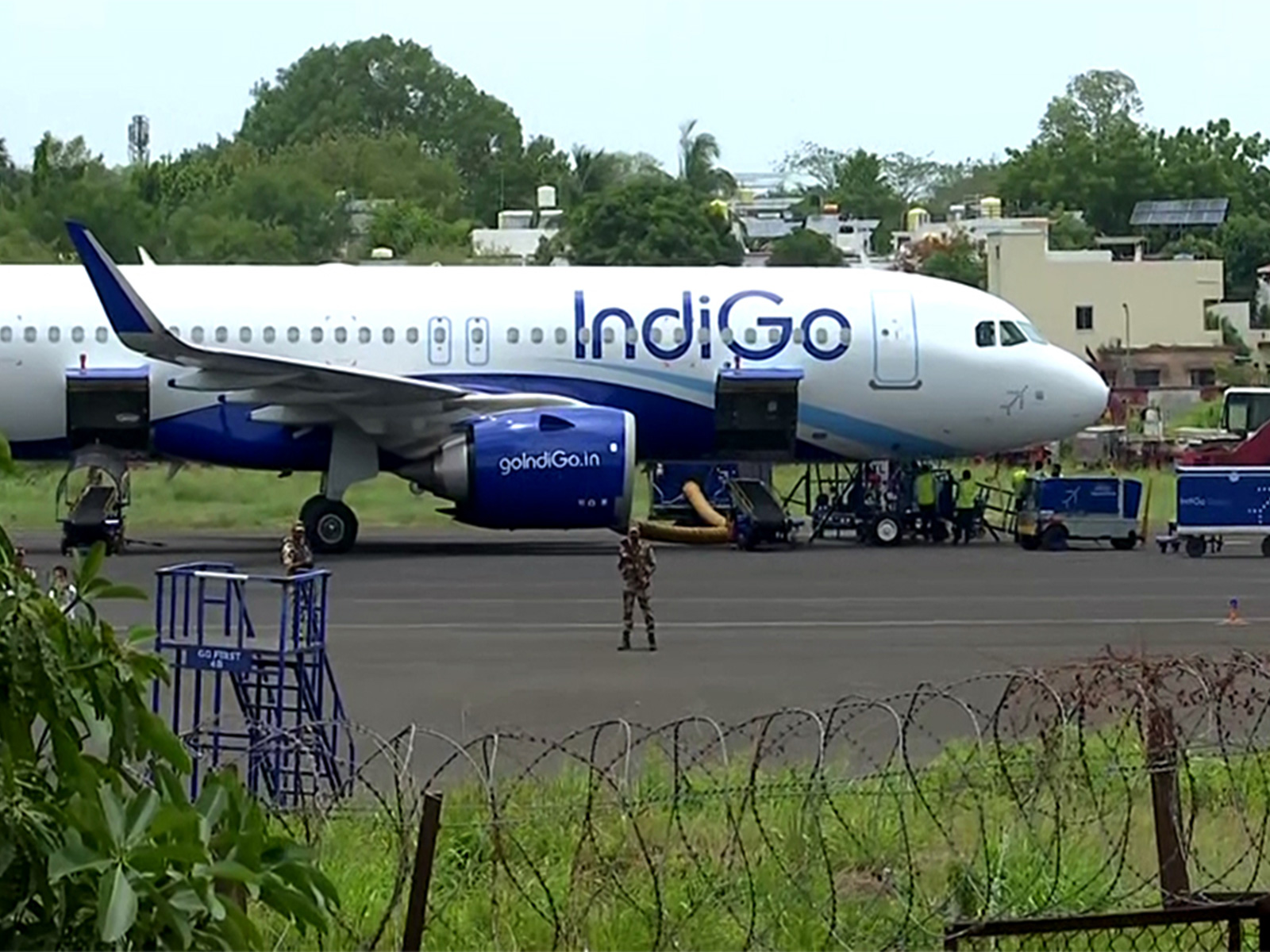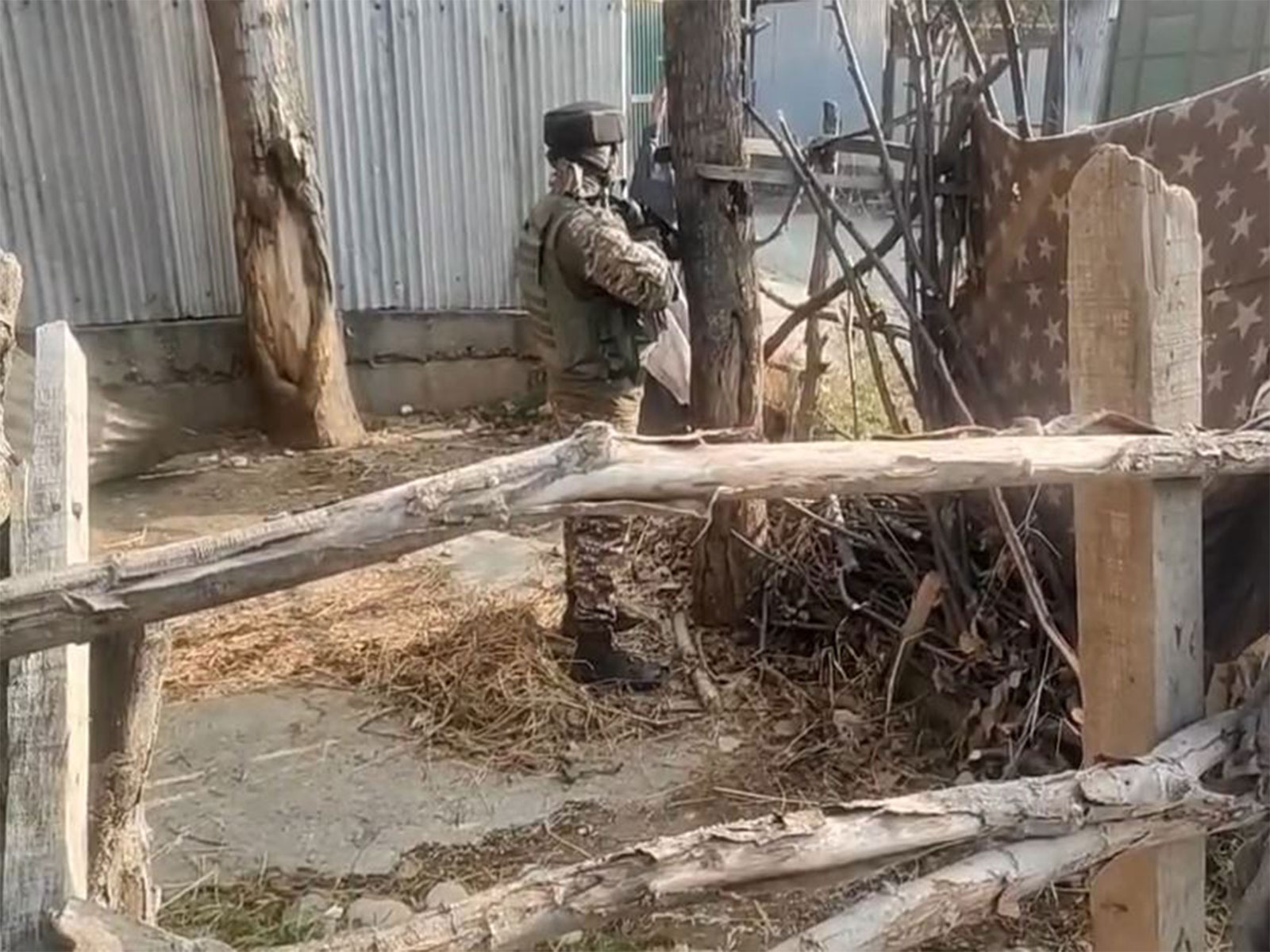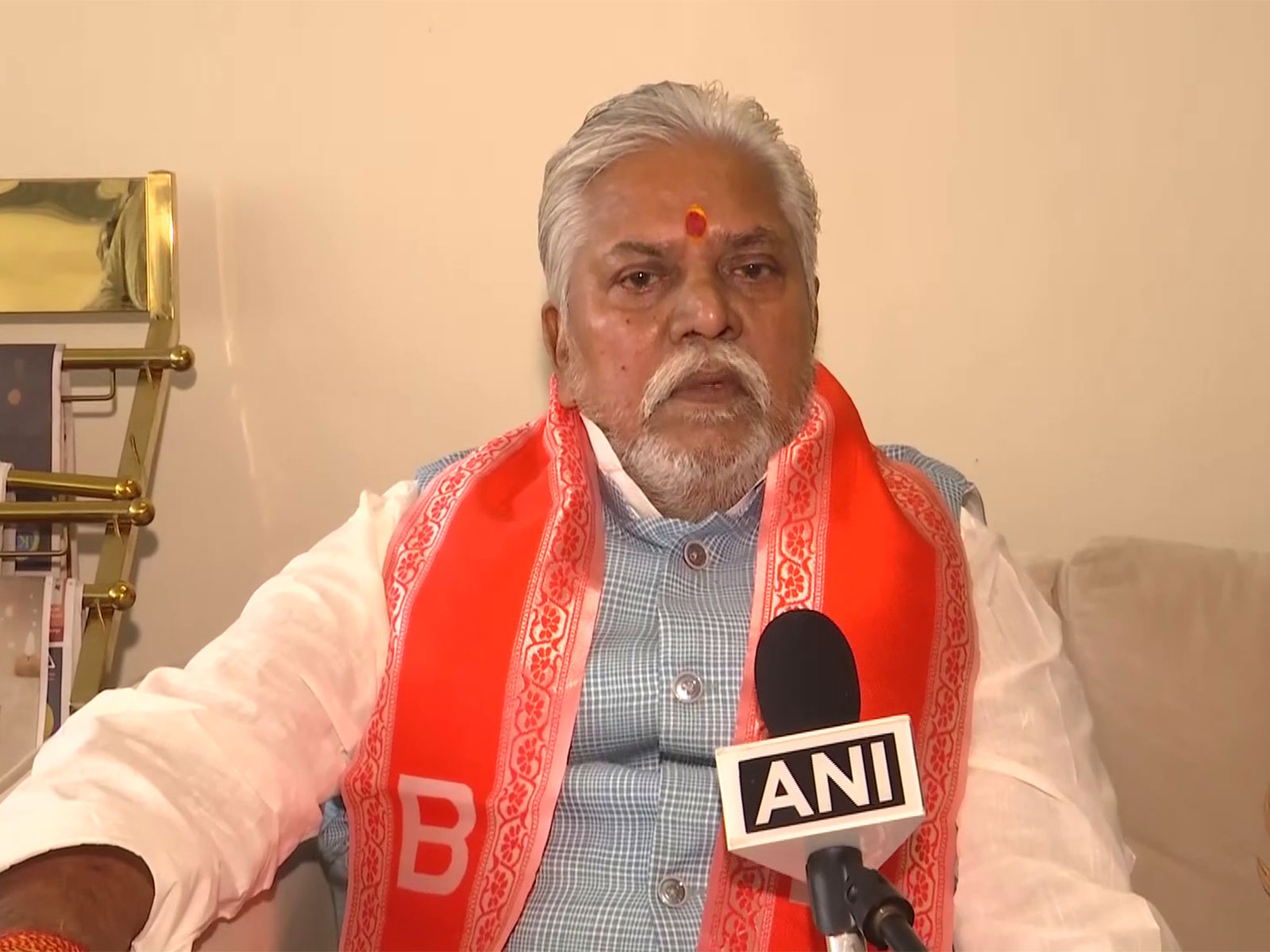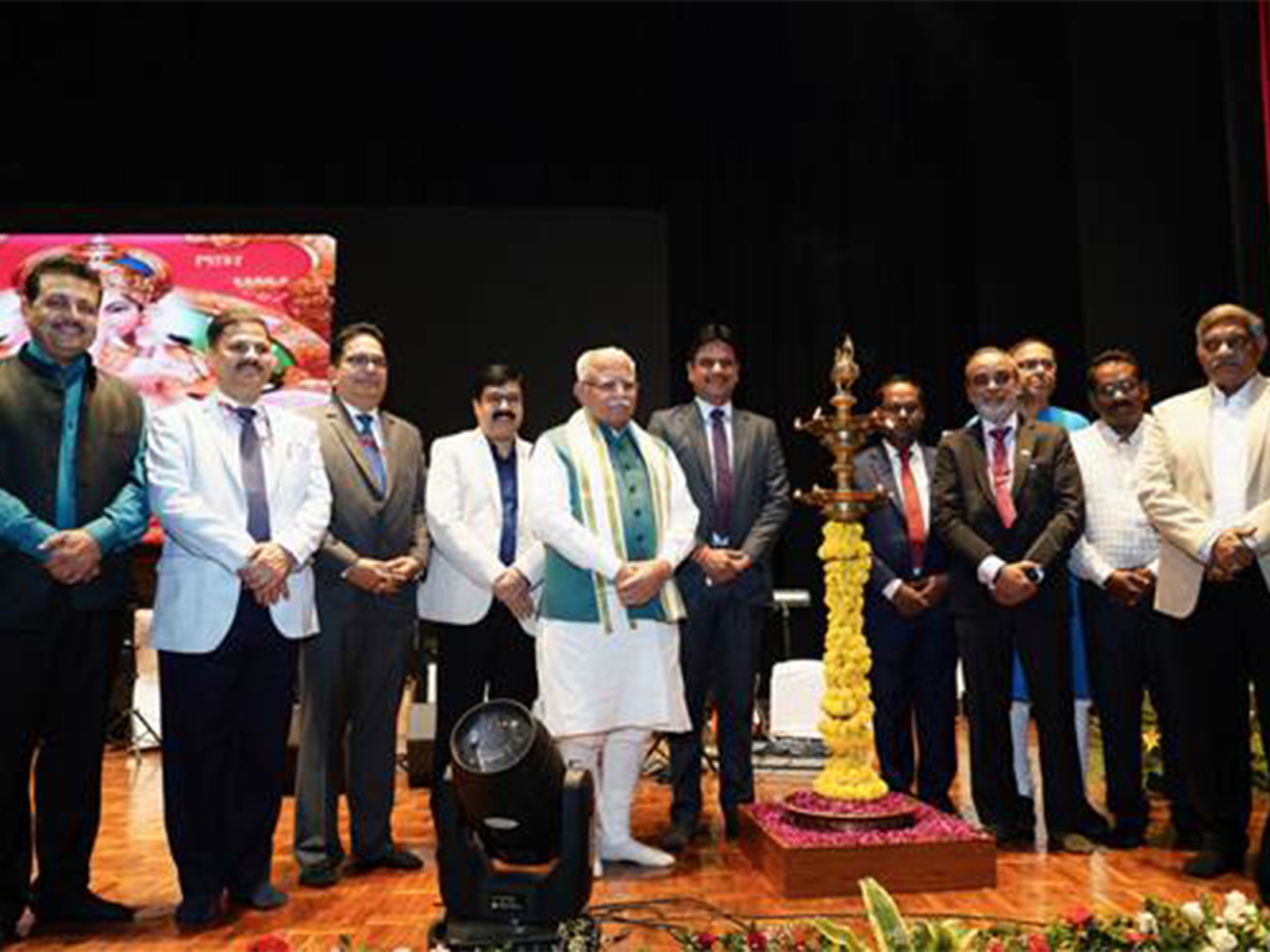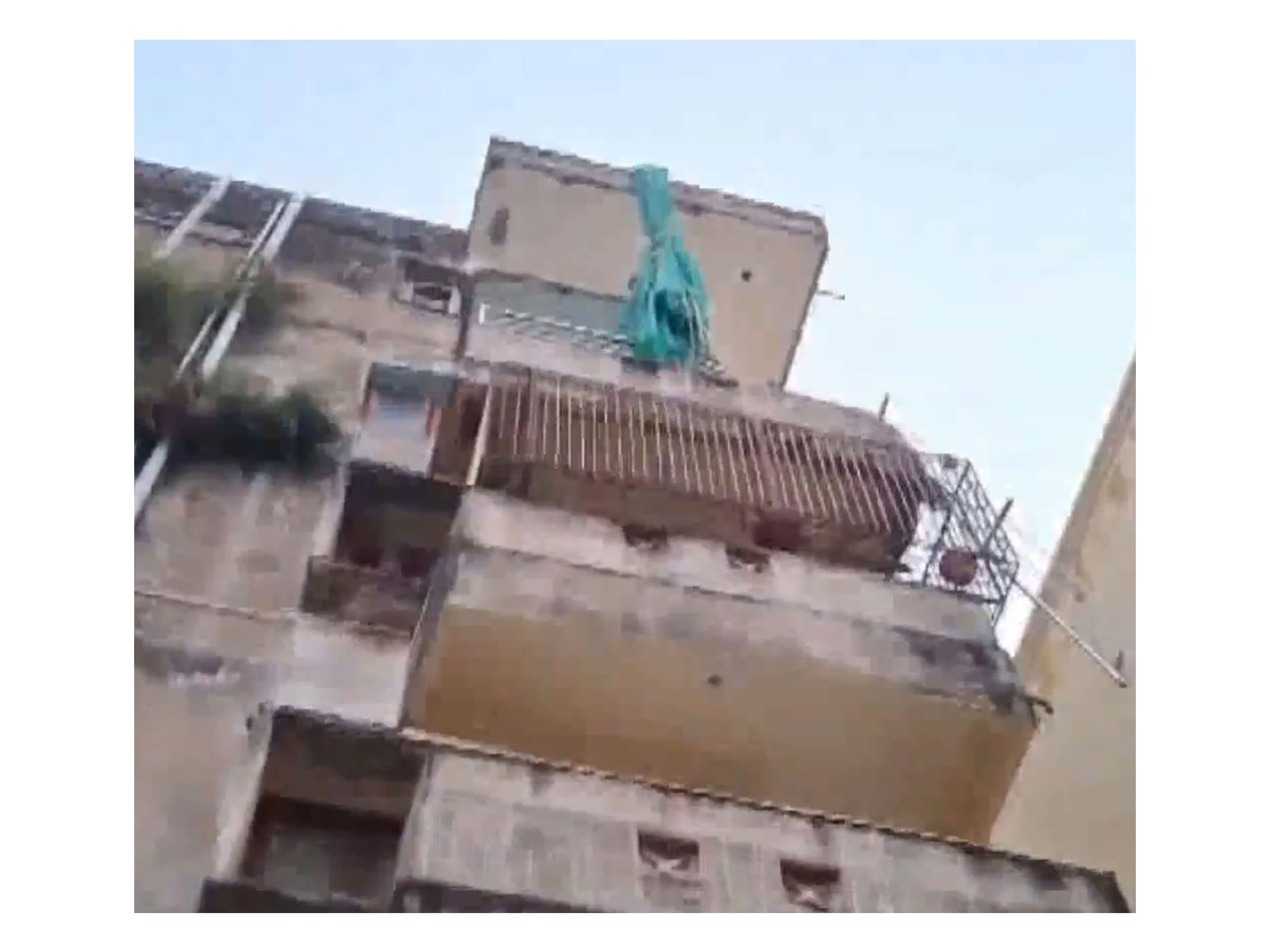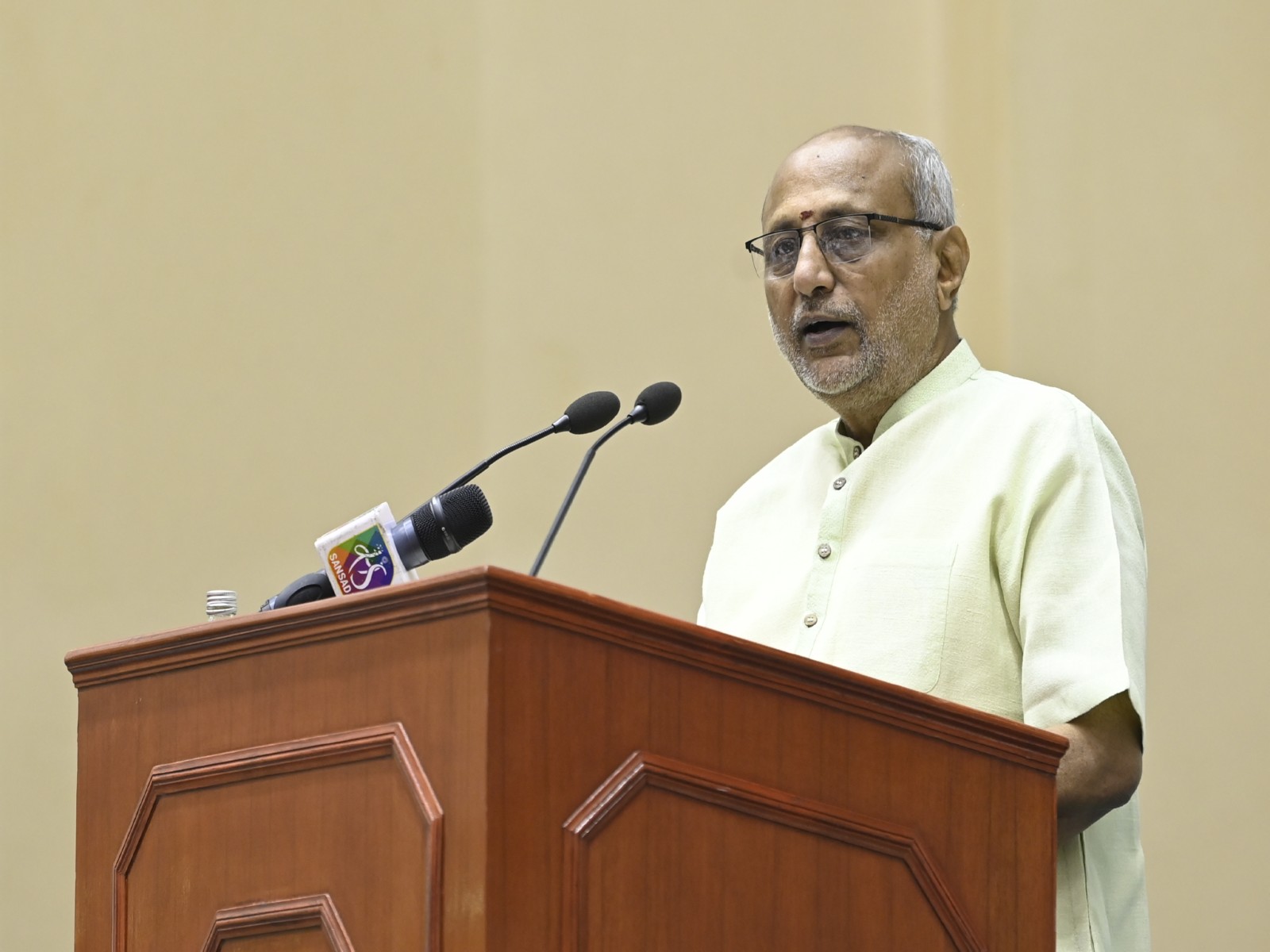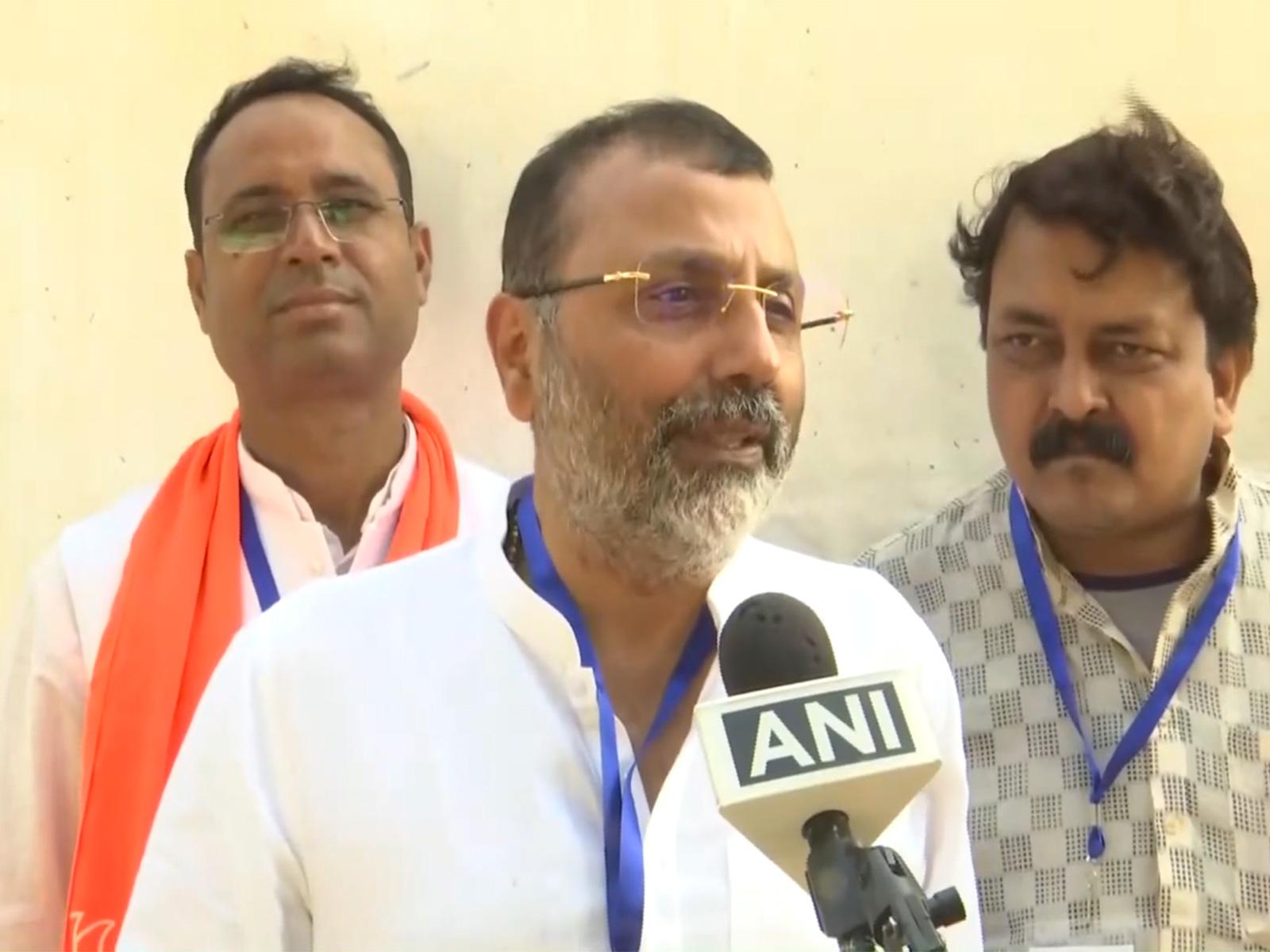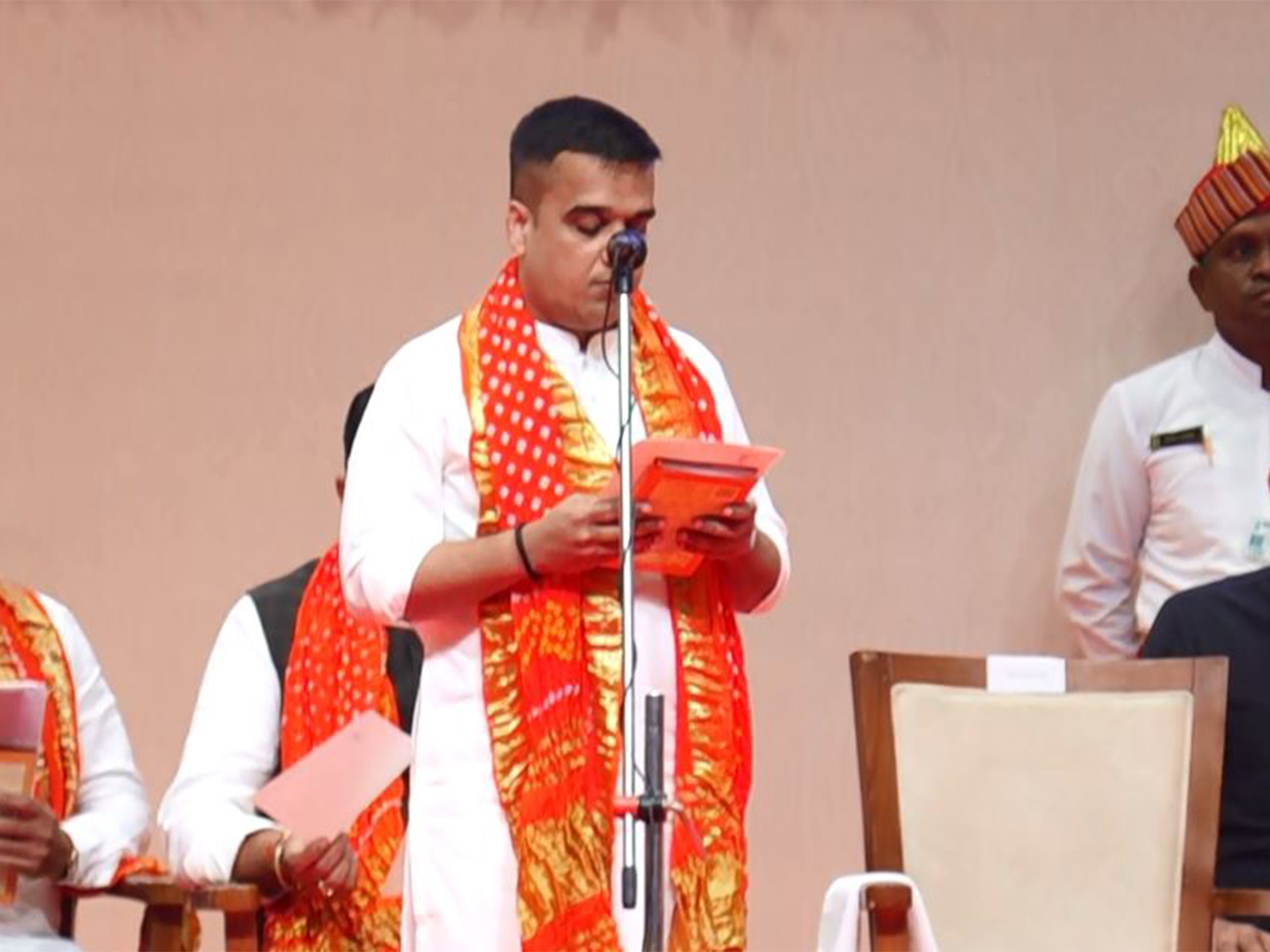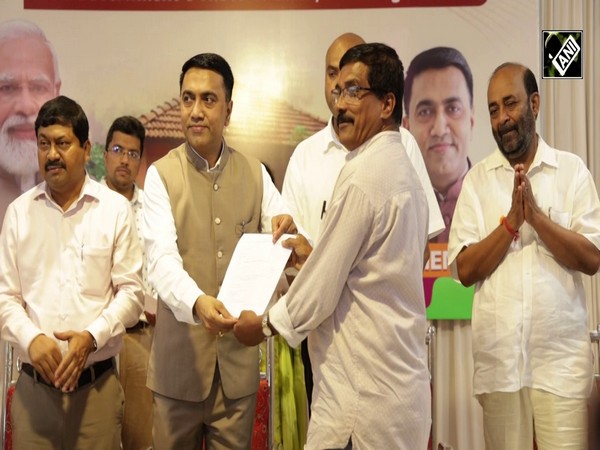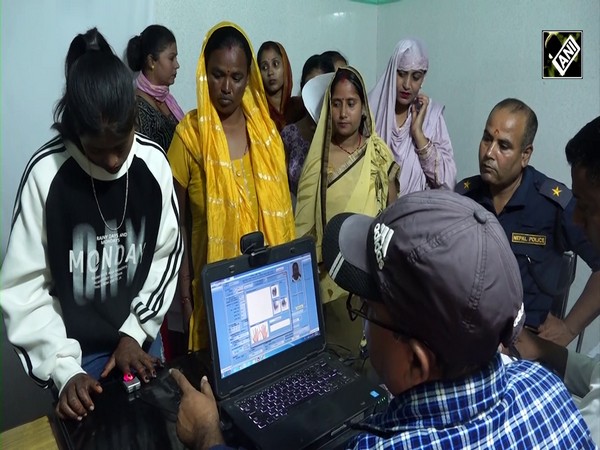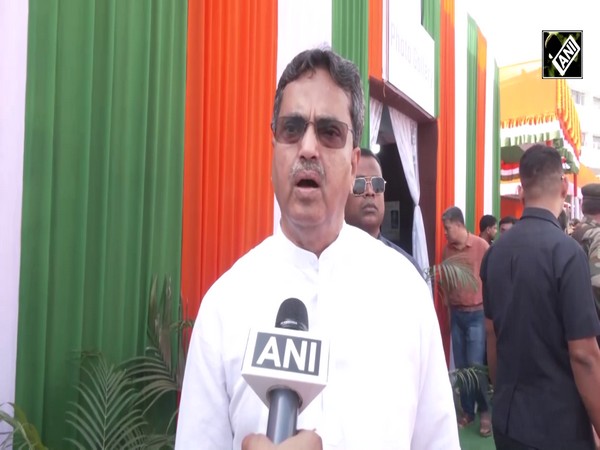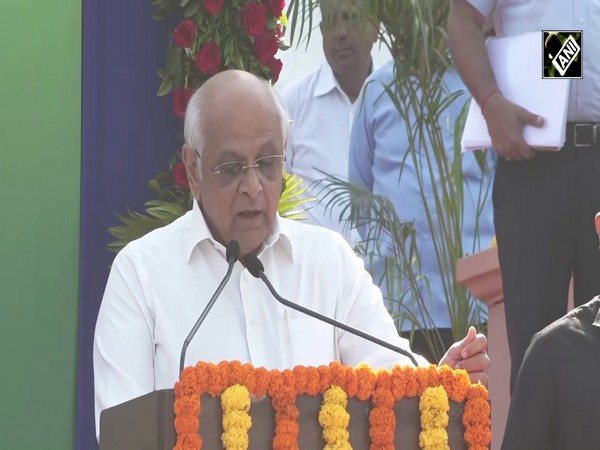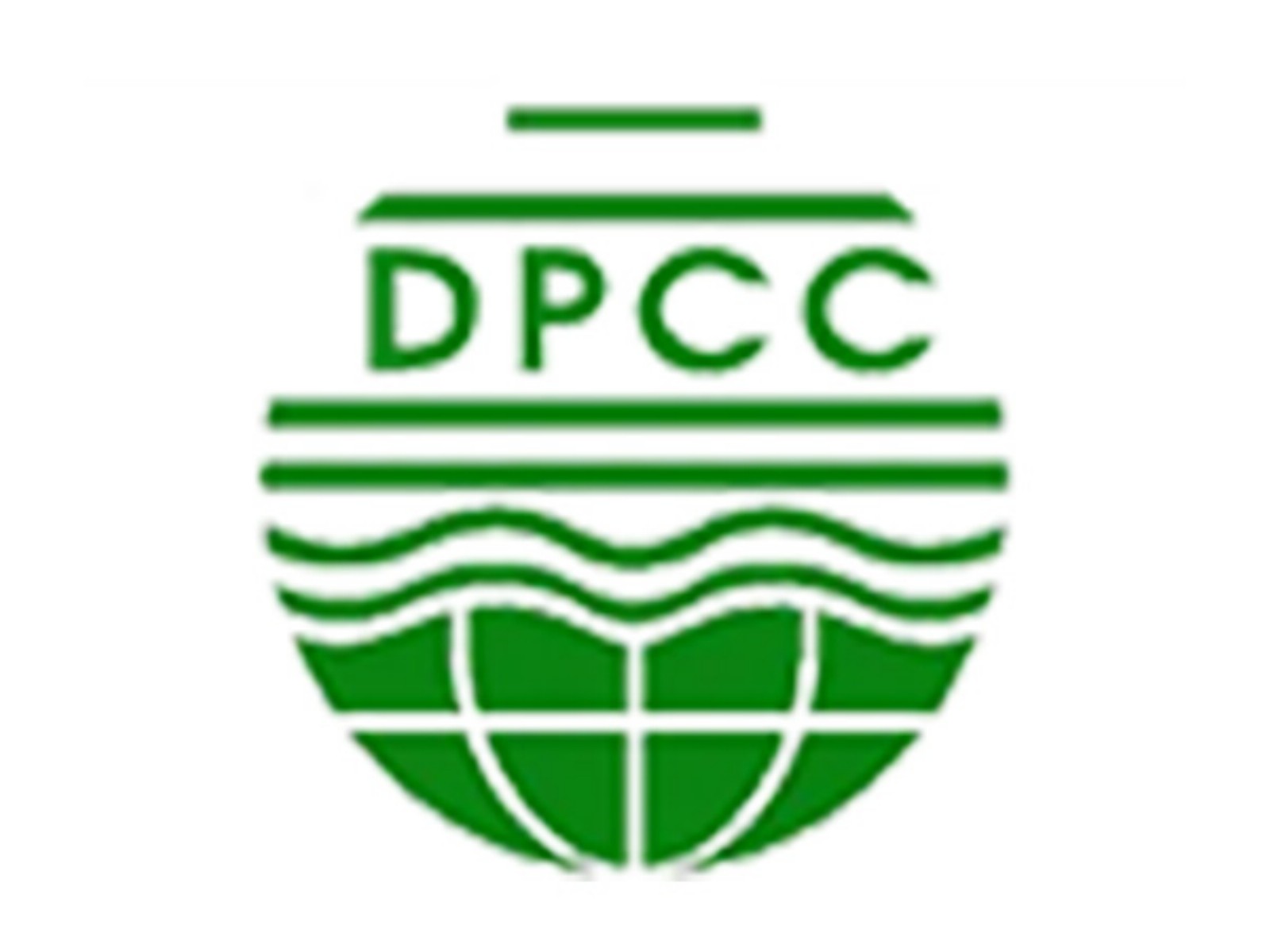
Delhi Pollution Control Committee reviews air quality, action steps, and appeals for public support
Nov 08, 2025
New Delhi [India], November 8 : The Delhi Pollution Control Committee (DPCC) conducted a press briefing, presided over by Chairman Sandeep Kumar and Member Secretary Sandeep Mishra, to provide a comprehensive update on the current air quality levels in Delhi.
The briefing also addressed the measures being implemented by various Delhi government agencies to mitigate pollution as the winter season approaches.
Officials presented Air Quality Index (AQI) data for November, showing that for six out of seven past days, Delhi's AQI levels were better than those recorded on the corresponding days the previous year, as stated in the release.
Air quality in early November 2025 showed notable improvement compared to the same period in 2024. According to the release, on November 1, the AQI stood at 303, down from 339 the previous year. This positive trend continued on November 3, with an AQI of 309, compared to 382 in 2024. On November 4, the AQI recorded a value of 291, a significant decrease from 381 in 2024. The most substantial improvement occurred on November 5, when the AQI dropped to 202 from 373 the previous year.
On November 6, the AQI reached 311, compared to 352 in 2024. Meanwhile, on November 7, the AQI was 322, lower than the 377 recorded in 2024. Overall, daily AQI levels from November 1 to 7, 2025, were consistently lower than those in 2024, indicating better air quality conditions.
Officials emphasised that, unlike last year, when stricter emergency measures under GRAP III (Graded Response Action Plan) took effect on November 13, pollution mitigation actions have been initiated proactively this year.
The DPCC provided detailed instructions to various government departments, focusing on the Strict collection and transportation of municipal solid waste and demolition debris, as well as increased street sweeping with machines and intensified water sprinkling on roads to reduce dust.
Additionally, regular checking and monitoring of pollution-emitting vehicles, with special attention from transport officials and periodic reviews of compliance by departments, should yield visible results in AQI data.
According to the release, citizens were urged to avoid burning biomass, especially as winter intensifies, and to replace coal or wood-burning stoves for security guards with electric heaters, particularly in large private housing complexes. Also, ensure installation and regular monitoring of anti-smog guns in buildings under construction, especially those above five floors, as mandated until at least November 29 and adhere to staggered office timings as required by CAQM (Commission for Air Quality Management) guidelines, which aim to reduce traffic congestion and associated pollution, a practice continued this year as last.
The public is also advised to use only approved fuels, maintain their vehicles properly, and ensure that engines and tyres are in optimal condition to reduce emissions. They are encouraged to prefer public transport and electric vehicles whenever possible.
Residents were reminded to use official apps for reporting violations. The Green Delhi App and the 311 App can be used to report air pollution incidents. Complaints are forwarded to the relevant departments for immediate action.
Last year, GRAP Stage 3 was enforced on November 13. This year, authorities are monitoring pollution trends closely and will escalate measures as needed, including the closure of select activities deemed harmful to air quality if thresholds are crossed.
The DPCC monitors data from 24 air quality stations and publishes all parameters on its website. The AQI is further calculated and released by the Central Pollution Control Board (CPCB) thereafter.
The DPCC has called on all citizens, government enforcement agencies, and private bodies to follow advisories, make individual contributions--particularly by avoiding polluting practices--and support the collective campaign for better air in Delhi this winter season.
